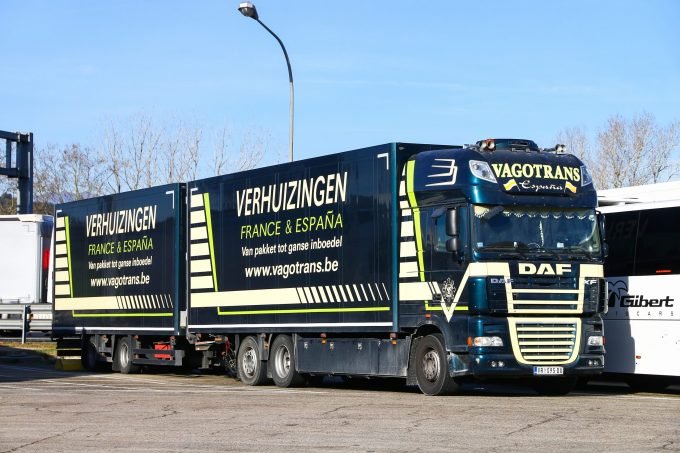Photo: © Artzz
Written by Alex Whiteman 04/24/2023
Road transport operators have welcomed plans to review the Trans-European Transport Network (TEN-T) regulations to better accommodate what they describe as “left behind” truck drivers on the continent.
The European Parliament’s Transport Committee voted last week to reopen negotiations with the European Council and the European Commission with the aim of imposing binding deadlines for the construction and opening of safe and secure parking sites across the European road network.
Marco DeGioia, Secretary General of the European Road Transport Drivers Association, told The Loadstar: “We believe this vote is an indication that things are moving in the right direction, as providing safe parking is, if not the solution, then certainly part of the solution.” For the car problem. To address the growing shortage of drivers across Europe.
Last year, Mr. DeGioia said the driver shortage reached half a million, and the International Road Transport Union said that number was on track to increase by 40% this year.
While they have not yet confirmed whether the expected spike has occurred, the impact could result in about 14% of transfer movements not being executed.
“We are pleased to see that the Commission’s desire to improve the conditions of rest areas is fueled by a sense of urgency,” Raluca Marian, IRU’s EU Advocacy Director, told The Loadstar.
“The EU road transport sector is short of hundreds of thousands of drivers, with two million driver vacancies expected for 2026 if things do not change. We must do everything we can to make the driver profession more attractive.
The revised regulations are expected to impose a deadline of 2030 for opening new facilities on the core network and 2040 for the comprehensive network.
One driver told The Loadstar that while the number of “decent” truck stops was indeed poor, the problem was related to a lack of capacity in tight spots, which “forces drivers to use inadequate facilities or park on the roads.”
The committee will also call for the introduction of more alternative fuel technologies, such as hydrogen, into intermodal hubs and stations in a bid to match green movement policies with practicalities.
“It is essential that there is sufficient charging and refueling infrastructure in urban nodes to accommodate alternative fuels at scale,” Ms Marian said. “Limiting charging and refueling at depots ignores the economic reality that most road operators are small entities that cannot afford Such investments.





